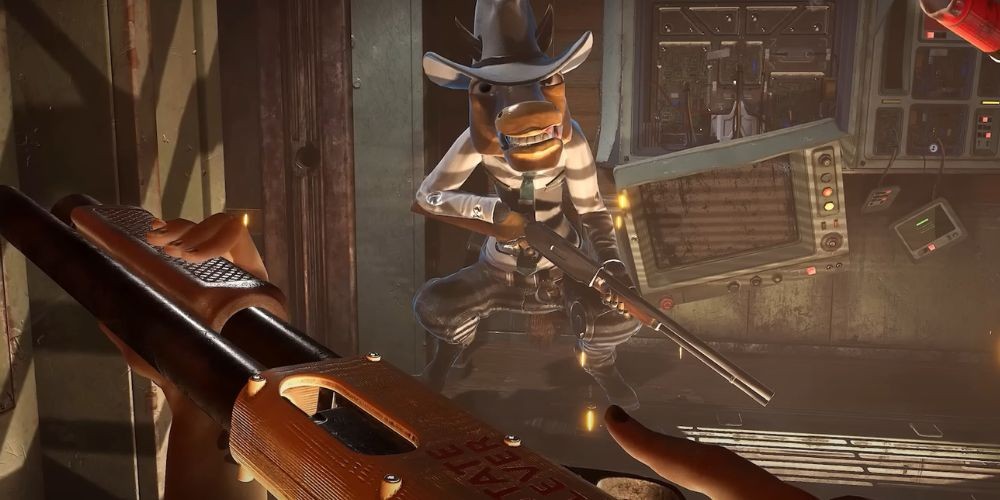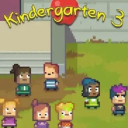Decoding the 'Narrative Legos' of Ken Levine's Upcoming Judas
Mar-29-2024

After a prolonged silence, the remarkable Ken Levine, revered for his masterful creation of the BioShock series, is stirring the gaming world with anticipation for his new endeavor, Judas. As promotional campaigns initiate, pieces of the enigmatic puzzle Levine left us with a decade ago are finally snapping into place. Coined "Narrative Legos," this design philosophy has left many confused, but we're on the brink of clarity.
Delving into the details, Levine eloquently compares his game design elements to Lego bricks, meticulously pieced together to forge a reactive gaming experience. These "bricks" aren't massive domains but rather individual components like character dialogues, artwork, and various interactive elements that collectively contribute to personalized gameplay. Ghost Story Games has vigorously labored to arrange these chunks into a cohesive structure that adapts to every action a player takes.
The marvel of Judas seems rooted in its fluidity. Where traditional games present concrete, bifurcated paths based on a player's decisions (much like the moral choices in earlier BioShock titles), Judas envisages a lived environment where each micro-decision influences the narrative fabric. This suggests an intricately tuned system, one that aspires to weave an unpredictable tapestry reflecting each player’s unique journey through the game.
This has its challenges, according to Levine. Crafting a game that not only reacts to player choices but does so while maintaining a coherent narrative and engaging level design is a formidable task. There's the risk of characters responding erratically, bouncing between emotions in response to a player's mosaic of decisions, which could fracture the immersion and narrative coherence. The balance between precision and flexibility is delicate.
In conclusion, skepticism around Judas and its 'Narrative Legos' is natural, given the ambition behind the concept. Whether Levine and his team have indeed discovered a way to revolutionize narrative-driven gameplay remains to be seen. We're left to ponder if Judas will manage to enthrall its players with a story that truly feels tailored to their actions or if the attempt will collapse under the weight of its own complexity. Only when the game materializes will we grasp the full potential of these so-called 'Narrative Legos.'







